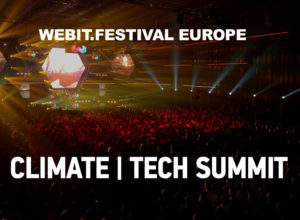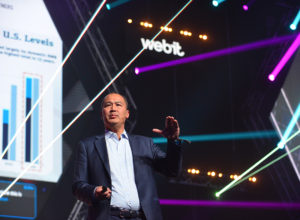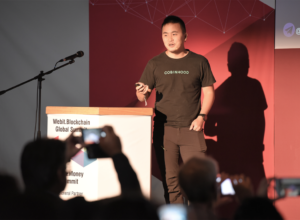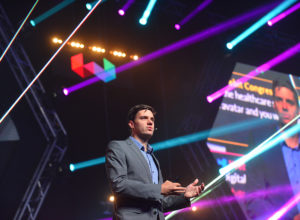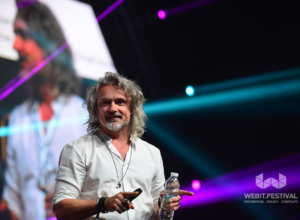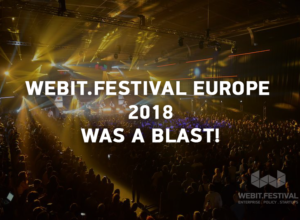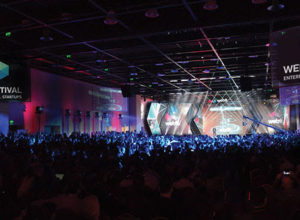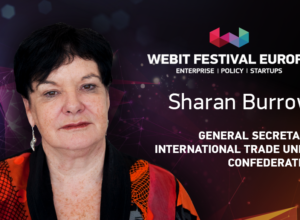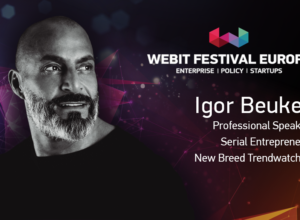Tag: Investment
Webit.Festival Europe is launching a new summit: Climate|Tech
Despite the numerous statistics on climate change, we somehow remain blind folded and rarely take action to preserve the nature and follow expert’s advice.
By 2050, 2/3 of the global population will live in cities.
Аnd more than 70% of the global demand for infrastructure over the next 15 years is expected to be in urban areas. This predisposition will determine our economic future and climate security for the years ahead. How cities develop is important both for growth and for climate change. It is up to us to take action and make change today. According to a WEF survey, dirty air can prematurely kill 400,000 Europeans, not to mention the health costs and the new diseases like allergies in the recent years. The Climate|Tech Summit is Webit.Festival Europe's high-level gathering with a special focus on climate change, its consequences and how investors can change the status quo.Webit.Foundation has dedicated its work to help solve global problems
It is our belief technology can greatly contribute. Thus, it is our mission to develop technology and digital ecosystems wherever we step foot in. The current state of technology is providing so many solutions that can be put into action. Our goal is to gather the enterprise leaders in the different industries together and plan how to transfer from the current Energy system to a new - clean tech world. Furthermore, we are investing in solutions to these world problems. Founder’s games’ 2018 winner, Bioo, developing a product in renewable energies, generating the greenest energy on Earth won €200 000.Do you have a revolutionary idea to preserve the environment? >> Apply to Founders games here. <<
Adventure Capital: The case for innovation economy in Emerging Markets
United States vs Emerging markets
What's happening in US in terms of tech and innovation investing?
The US market has been on a 8-year up-cycle. In 2017, 82,9 M USD were invested and for historical context that is the most amount of Venture invested since the year 2000. But then again by looking at the first quarter of 2018 (28.2B USD) if we do a simple annualization - we may be on a course to exceed a 100B USD venture invested in US this year and perhaps we may eclipse the 105B USD from 2000.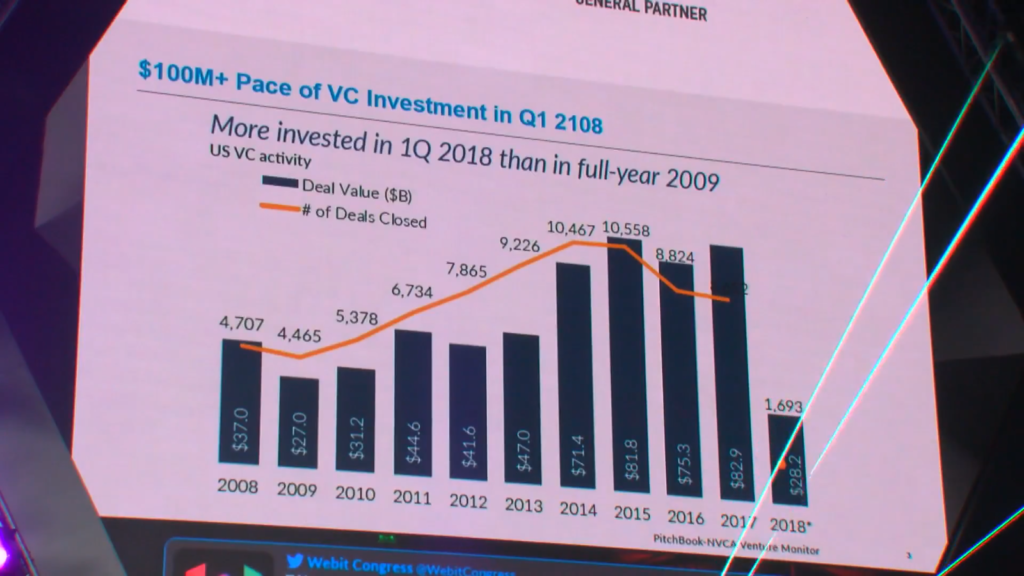
If we look at the global set of unicorns - more than half of them reside outside of the US while just 5 years ago nearly 75% of all global venture was invested in Silicon Valley."The US economy is doing well, the stock markets are at all time high, unemployment is at historical low, why are then our investors and entrepreneurs increasingly looking outside the US in emerging markets in terms of creating valuable technology companies?"
Global innovation wave is growing.
➡️ 49% of Global unicorns are outside of US (CB insights) ➡️ 57% of new unicorns are outside US ➡️ China has 55 unicorns, Idia - 9 ➡️ 40% of YC is international ➡️ Less than 45% of global VC is in Silicon Valley Last year, venture commitments in China exceeded $50B for the first time, funded largely by domestic RMB investors. Venture fundraising in china matched US fundraising in 2016, which was the highest total in 15 years. By some measures China is already the largest Venture market in the world. Certainly China is the second largest economy in the world. India is also a good example of "tropicalization" meaning that entrepreneurs and investors can choose business models from developed markets apply innovation to take those models locally to their home market. Flipkart is a good example of that. The company raised billions of dollars and have been competing vigorously with Amazon in India for the e-commerce market.It seems like in many of the emerging markets the banking landscape is very similar - usually dominated by a handful of large powerful banks that act in a monopolistic sort of manner. That means they don't take a lot of risk, they don't treat their customers very well and as a result it gives the entrepreneurs the opportunity to really disrupt, innovate."As I travel around the emerging markets, one of the sectors that really pops out is Fintech."
Secular trends that drive the acceleration of innovation in emerging markets:
➡️ The amount of capital that you need to launch a business today has drastically reduced from a few years ago. ➡️ Entrepreneurs can leverage cloud based technologies using lean startup models, they can get to Proof of concept much quicker than before with much less money. ➡️ Entrepreneurs don't need to go to the large money centers like the Silicon Valley ➡️ Increasing availability for best practices - Endeavor, Techstarts, YC ➡️ Proactive government funding ➡️ More funding available from US and other developed markets ➡️ Rise of the rest - you'd no longer have to be at one of the traditional US tech hubs to launch a relevant high growth technology business.Missed the 2018 edition of Webit.Festival Europe? Don’t miss the 2019! Get your super early bird 2in1 tickets – 2 for the price of 1 here!
The DApps Era is coming – the future of Blockchain adoption
The DApps Era is coming
Back in 1991, many of you remember when the websites obsession was huge - the largest companies began with it. The transition towards search engines like Google and Yahoo was more or less smooth until they became viral. The appearance of sharing platforms appeared naturally - youtube, myspace, blogspots, etc. Some of the platforms disrupted and stayed, others disappeared and many, many more appeared. A couple of years ago Messenger,whatsapp and instagram, to name a few - everybody talked about these and while they’re widely used today, the hype over them disappeared. In 2017 - 2018 the most talked about technology advancements are the crypto-blockchain platforms. We are, very naturally, transitioning towards DApps era - or post apps era, role of apps is increasing and becoming more important rather than steady. All of this transition may seem ‘natural’, however, appearance and longevity process is way more difficult. Geoffrey A. Moore’s “Crossing the Chasm” theory applies to basically any sphere. Hsuan explained the technology adoption cycle in the following way: The innovators are about 2,5 % of all the population. The heart of all high tech startups is a product that spawned from a small group of passionate scientists.The early adopters take up about 13,5 %.
This is the ‘chasm’ to which companies pay little attention to once a company is over hyped by the success of market entry. This is the worst place to be, characterized by low scalability, high transaction latency and high transaction fees. The early (34%) and late (34%) majority are the largest part and the most secure phases in a company's development. There are, however, cases when the company fails - the ‘laggards’ as Hsuan calls them - are about 16% of all. Blockchain adoption by companies will be as difficult process as the transition from appearance of apps to their everyday viral usage. It will happen, however.Missed the 2018 edition of Webit.Festival Europe? Don’t miss the 2019! Get your super early bird 2in1 tickets – 2 for the price of 1 here!
Will the blockchain industry change digital advertising?
The crypto market exploded over the last three years. A lot of industries started looking at blockchain as a technology, as to whether it can solve some of their biggest challenges.
Let's look at blockchain:
Blockchain as a technology is still at its infancy. We're still at the hype cycle and blockchain is sitting right next to autonomous vehicles which I don't see happening in the next two or three years and Event-triggered marketing. So as a technology, blockchain might grow into something big like the internet or even bigger, but it might also fade away into some narrow use cases.How can Blockchain improve the Digital Media and advertising landscape?
There are some use cases which are rather obvious: * Fraud detection and prevention * User Identity * Buying and selling inventory, etcCentralization vs. Decentralization
Trust a third party or to use a decentralized approach?Decentralization PROs
* Durability, reliability and longevity - Due to the decentralized networks, blockchain does not have a central point of failure and is better able to withstand malicious attacks. * Process integrity - Users can trust that transactions will be executed exactly as the protocol commands removing the need for a trusted third party. * High quality data - Blockchain data is complete, consistent, timely, accurate and widely available. * Transparency and immutability - Changes to public blockchain are publicly viewable by all parties creating transparency. All transactions are immutable, which means they cannot be altered or deleted.Decentralization CONs
* Trusted 3rd parties - it's not Central vs Decentralized. The advertising ecosystem is based on trusted third parties. These 3rd parties are innovation drivers. * It's too slow - Digital advertising is real-time. RTB standard requires service response in 100ms.There are several examples which already use blockchain in addressing some of digital advertising's biggest challenges.
adChain tries to create a token curated registry of publishers in order to verify and simplify the buying. And papyrus is a decentralized programmatic value management platform aimed to radically improve programmatic advertising stack. All of these solutions are in the making, they are not really ready but they are evolving pretty fast. Several years ago we were talking about mobile apps, then AI, now blockchain. The hype cycles of few years ago were longer and we used to have more time to adapt to them. But now they are becoming shorter and they’re starting to overlap. It wasn’t long long ago that we were talking about programmatic buying. Now it is programmatic buying on a decentralized exchange powered by blockchain.Missed the 2018 edition of Webit.Festival Europe? Don’t miss the 2019! Get your super early bird 2in1 tickets – 2 for the price of 1 here!
Martin Wezowski talks about “WTF – What’s the future” @Webit.Festival 2018
"The future is very important, because we will kind of spend the rest of our lives there. So we better make it really good. :)"
Martin Wezowski is the Chief Designer & Futurist at SAP. He joined Webit to put some perspective on “what is work and what is human in a superhuman future”.Martin, being a fan of the Beatles, started with playing a tune that resembles the style of the iconic band. But later he revealed that the song was created by AI that mimics the Beatles.
"It listens to everything that The Beatles have ever done and makes new songs. It does it so successfully that it has over 2M views on Youtube. That should really raise deep and profound questions."
The main question is WTF - What’s the future?
One example of that is the healthcare."It takes 7-10 years to make a doctor, which gives us a severe shortage of doctors."
With the soon-future-AI, medical help will be in infinite amount everywhere, all the time for everyone. That should also change our minds about what is human work. Nowadays AI can diagnose heart diseases or lung diseases more accurately than humans. Funny enough, humans and AI combined are almost 100% correct. In the 90s we decoded the human genome. It took billions of dollars. Now there is a DNA sequencer for 1000$. What does this mean for research? What does it mean for animal testing?The NOW has never been so temporary as it is today.
Maybe we should start imagining the futures that we want and start creating them, rather than react to what we where we are today because thus we are too late. That might be a little scary because we see jobs disappearing. A hundred years ago almost everybody worked at farming, fishing, forestry. Now it's only about 2%. What did they do? What would they think if you'd tell them: "Most of you will not be in agriculture." What would hey imagine that they will do, accounting? Web development? We are in the same situation today. And it doesn't matter because we will imagine new jobs as they emerge. We can't plan for it. And the real question is this:What to teach kids to become relevant in 30 years from now?
How can we adapt to the change? What new values do we need? The stability of planning is a little bit of fake. The opposite to stability is not instability, it's emergence. It's risk, it's rock'n'roll. To transform, to challenge and take risks. Innovation is sort of rock'n'roll in business and we need more of that.One thing we rely on is the thinking of the 3 horizons.
- Continuous innovation - Ready to consume: Traditional KPIs (key performance indicators) of predictable outcomes and repeatable results and scalable efficiency.
- Adjacent innovation - Ready to Co-innovate: Forecasting your intelligence and resources to the near future, the next, the adjacent innovation where you co-innovate with your partners and/or customers.
- Transformative Innovation - Ready to Inspire: Thinking away from what you can do today and the tools you have. Your vision and thought leadership leads to ideas that you must articulate very clearly so you can have a decent discussion on executive and board level about these ideas.
Help the world run better and improve people's lives.
These two things go to the two sides of the spectrum with 4 dimensions:- The self running company
- Self organizing Business Ecosystems
- Augmented humans
- Purpose Led New Market & Business Models
“Everything from the beginning is an open end and it's up yo us to actually sit down and actually use this methods and look across all the 3 horizons, articulate futures that are desirable where we can play a significant positive role. That's our purpose. And if we do that I actually think we can design futures that we all want to live in. And we should remember to have some fun as well. :)”
Missed the 2018 edition of Webit.Festival Europe? Don’t miss the 2019! Get your super early bird 2in1 tickets – 2 for the price of 1 here!
… a picture tells a thousand stories! Webit.Festival Europe 2018 was...
10'000 people from 111 countries visited the Webit City
Don't miss the 2019 edition. Book your ticket now



Webit.Festival Europe 2018 in numbers:
- 10'000+ ATTENDEES (7200 Webit.Festival participants and 3000 Webit.X visitors) - 231 EXHIBITORS - 422 SPEAKERS - 110 HOURS of conference agenda & amazing content - 75% C-level (executive) ATTENDANCE - 111 VISITING COUNTRIES - 150 of THE BEST EUROPEAN STARTUPS AND SCALEUPS - 1000+ POLICY MAKERS The European Tech, Digital Economy and Policy event for 2018 was a huge success!
 The Innovate! Summit and the Plenary Session, chaired by the European Commissioner for Digital Agenda and Society Mariya Gabriel, hosted some of the worlds digital, tech and policy leaders gathered to re:Invent Europe's Future.
The Innovate! Summit and the Plenary Session, chaired by the European Commissioner for Digital Agenda and Society Mariya Gabriel, hosted some of the worlds digital, tech and policy leaders gathered to re:Invent Europe's Future.

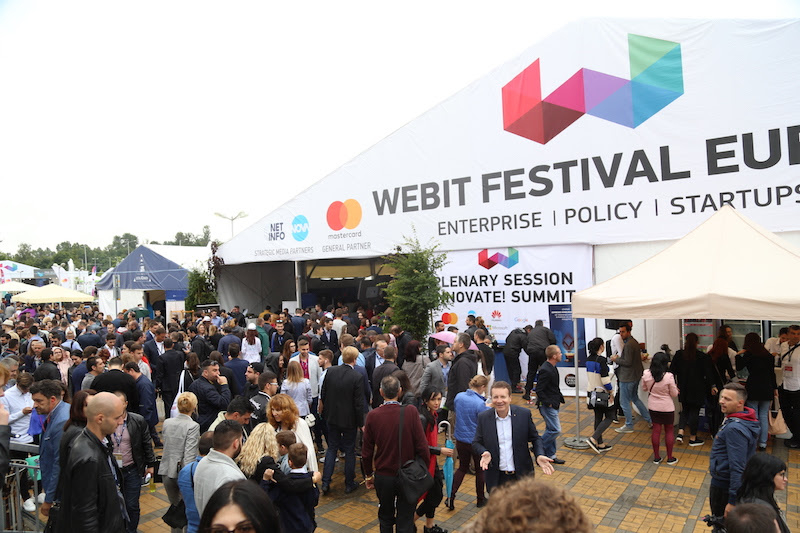
The Webit City has welcomed 10'000 global leaders and they all requested a residency :)
Here are just 5 quotes out of over 1000 interviews with the Webit City residents: "Unparalleled global business and policy networking at its highest level!" "The most amazing business event with a festival experience" "We basically do business here" "This is the only event where top EU policy makers and global business leaders exchange thoughts and share valuable discussions" “We got more investors visiting our expo booth compared to any other event we have been to”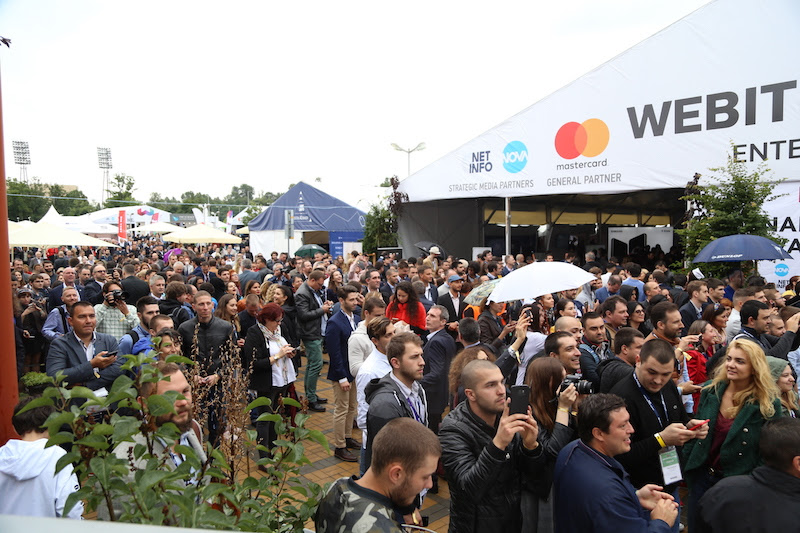

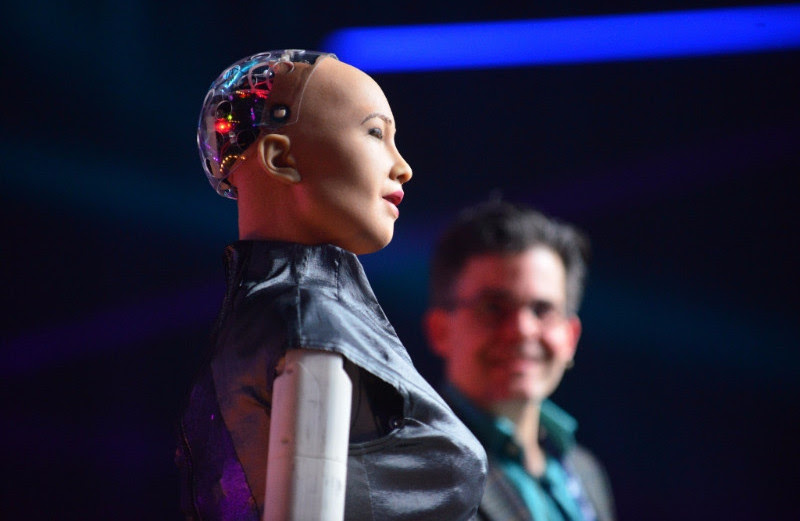
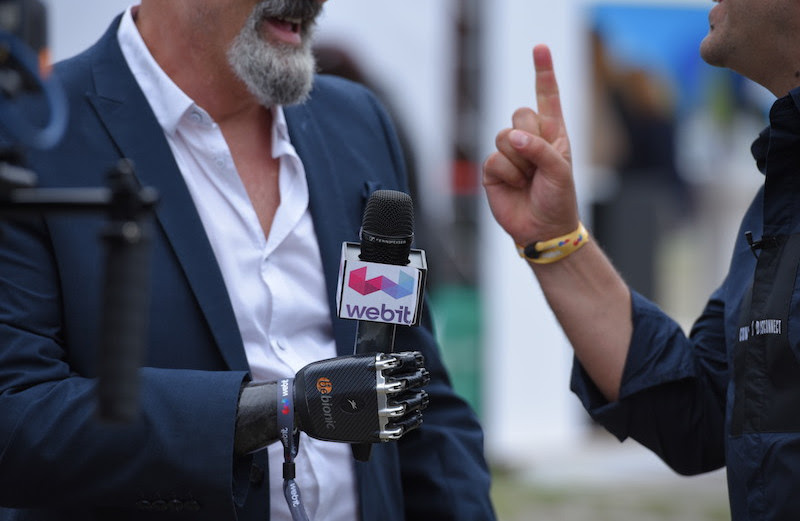
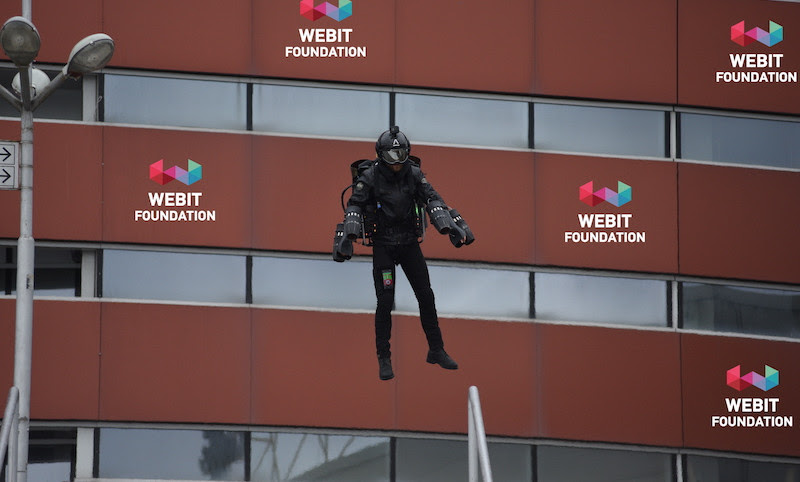
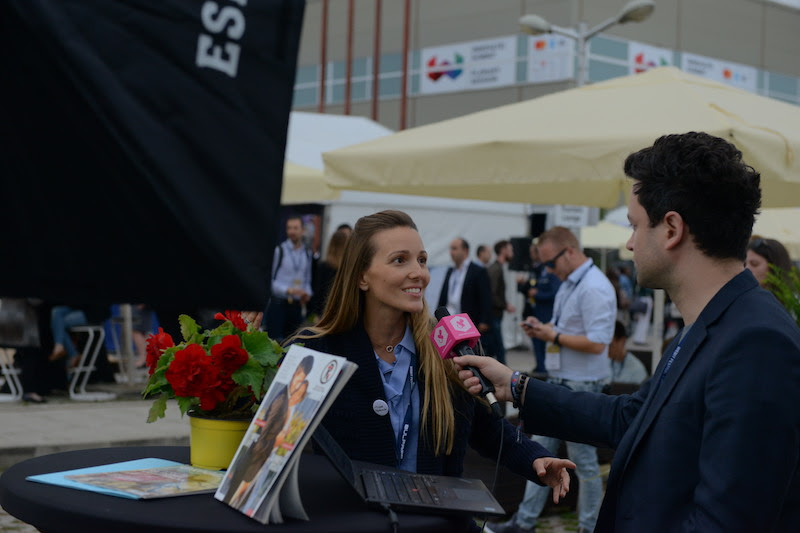
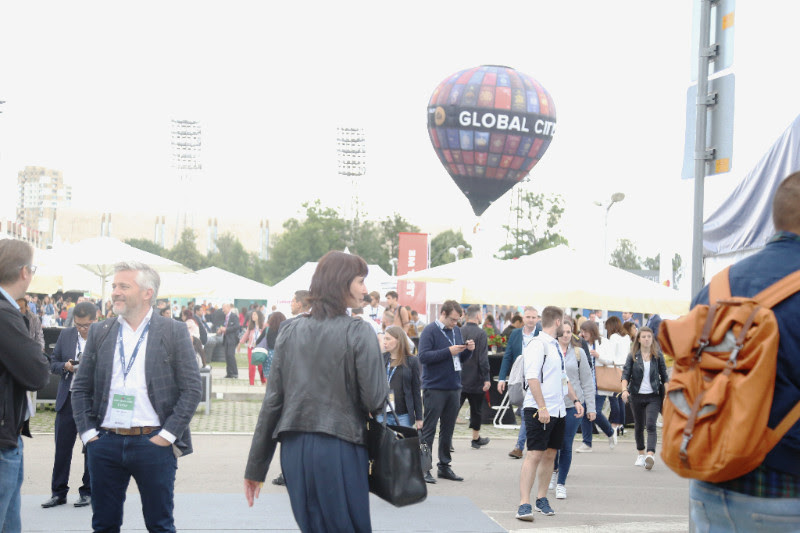
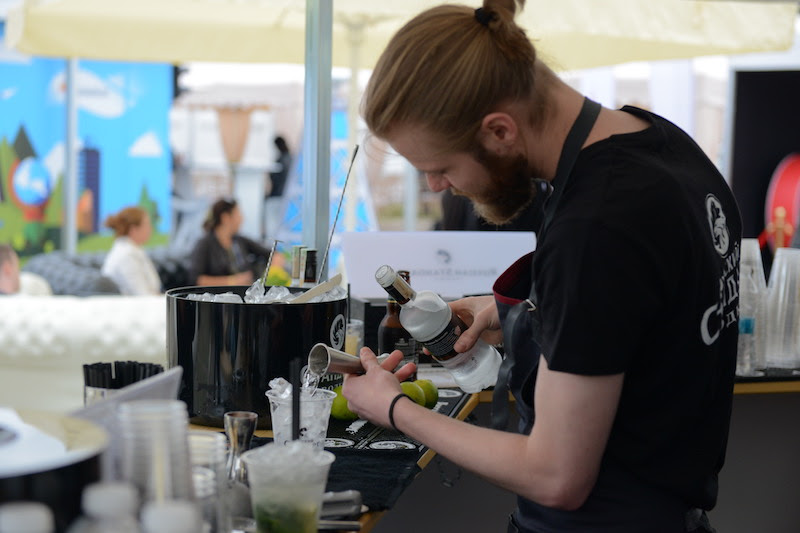
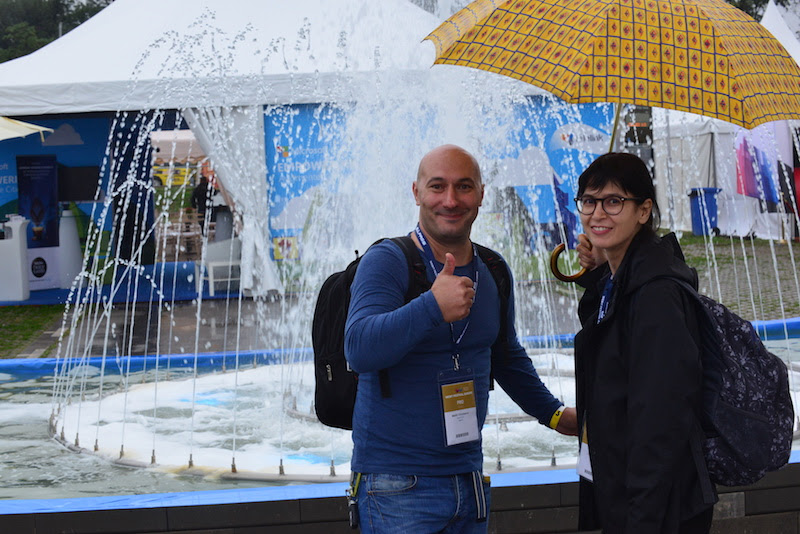
200+ exhibitors at over 20'000 sq.m Webit City expo & business networking area
From global tech, health, fintech, cybersecurity, mobility, blockchain, entertainment, AI, cloud leaders to smart jet fighters - they all were at Webit.Festival Europe 2018 represented by their global or EMEA HQs. Also hosted national pavilions.
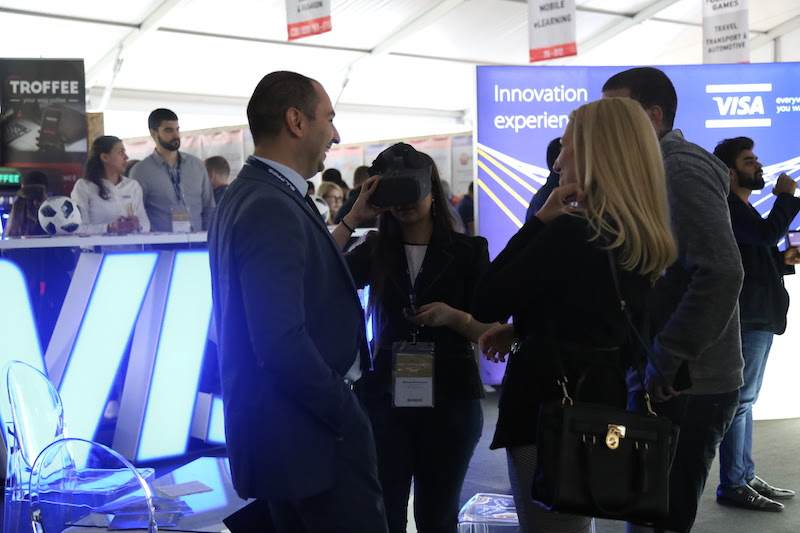
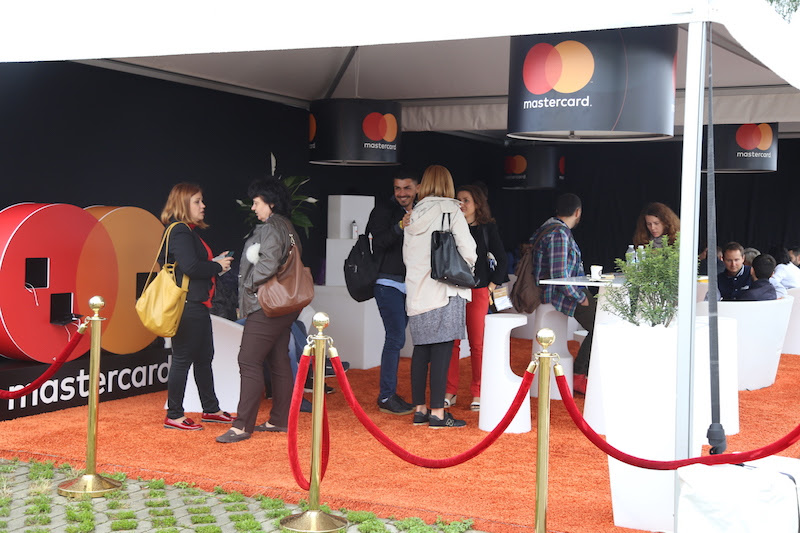
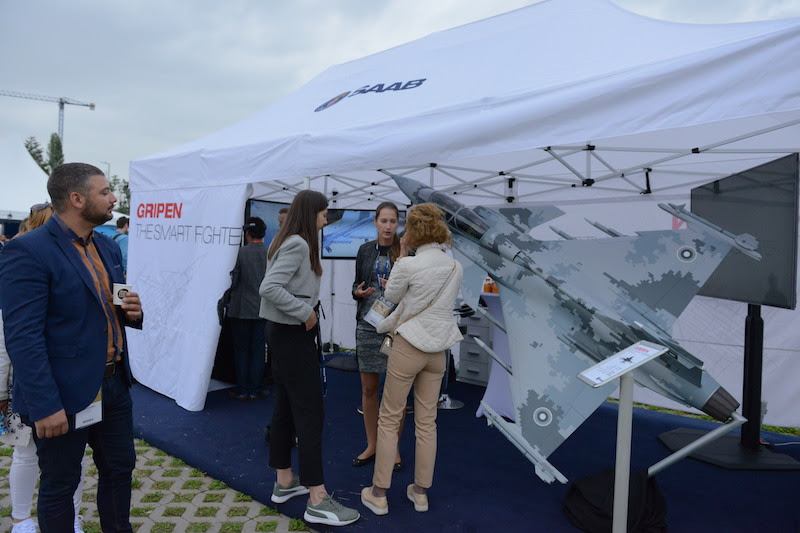
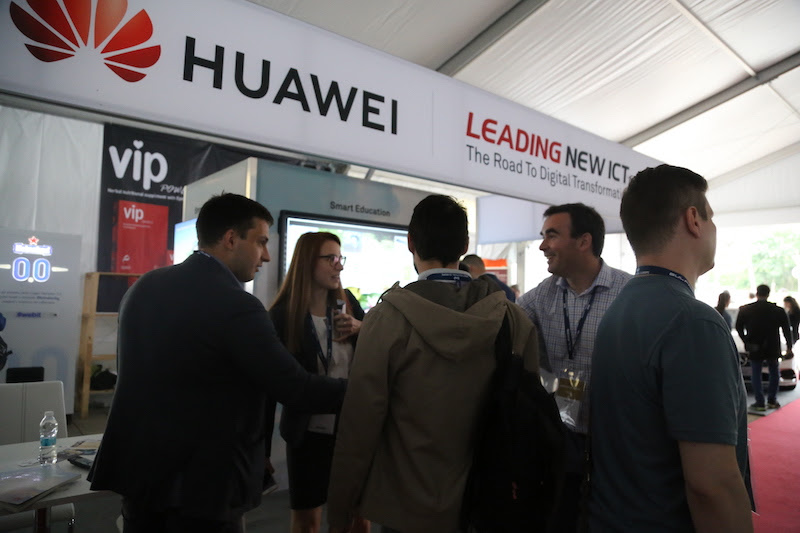
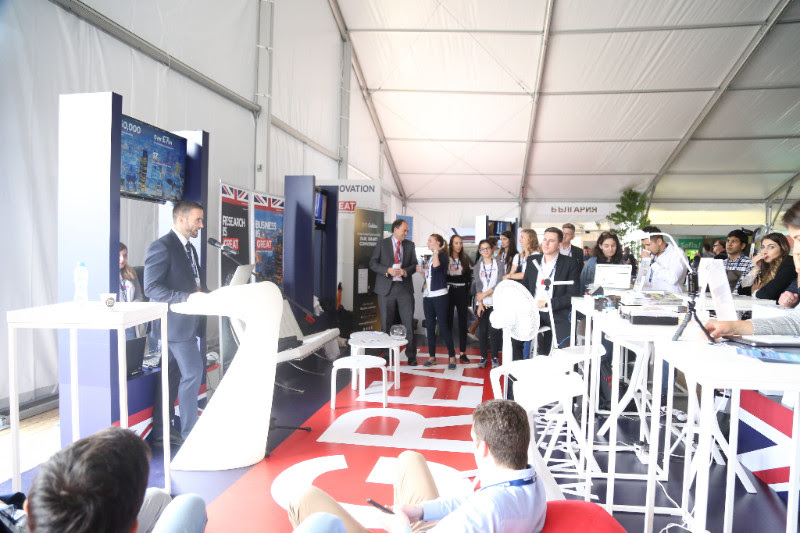
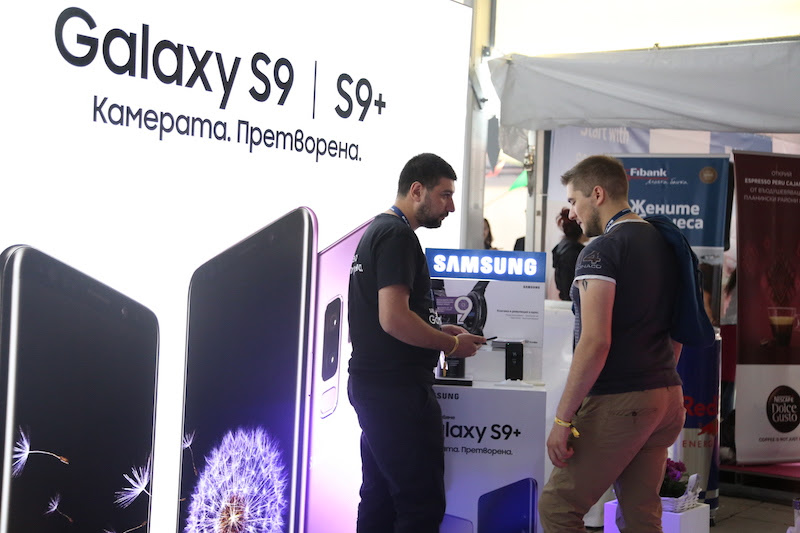

12 independent summits and over 50 meetups
421 speakers have created over 110 hours of conference agenda & amazing content within 12 independent summits.
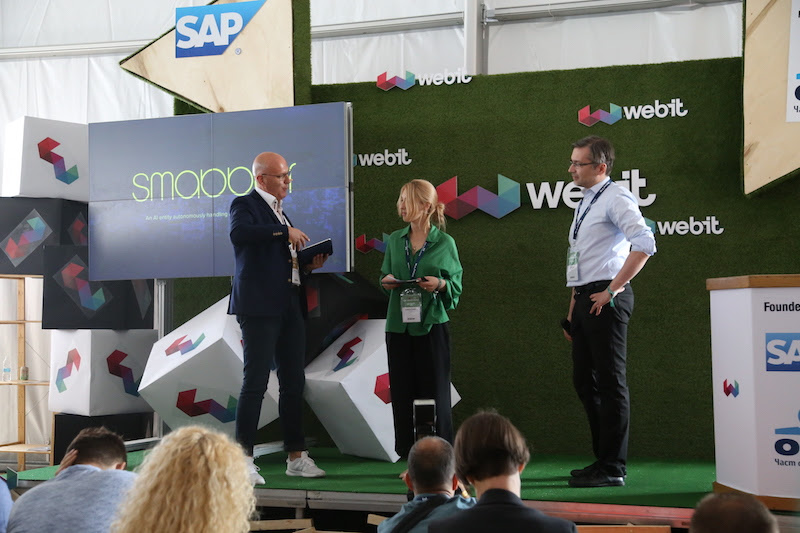
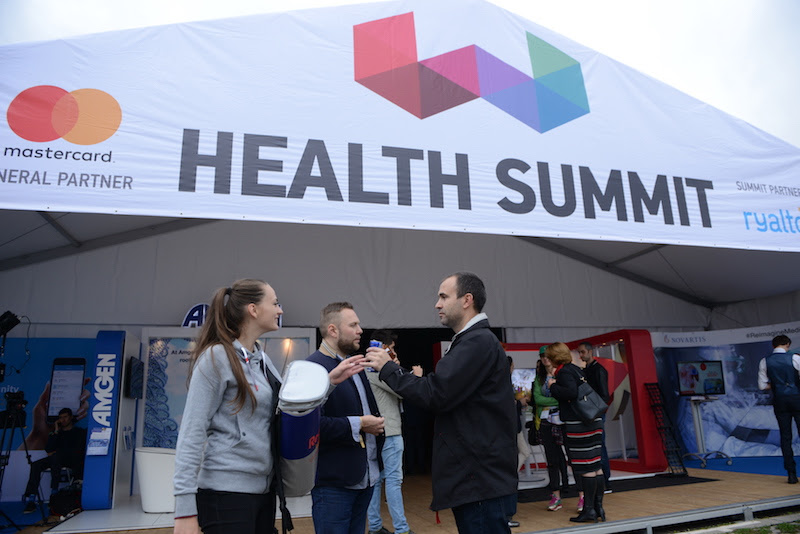

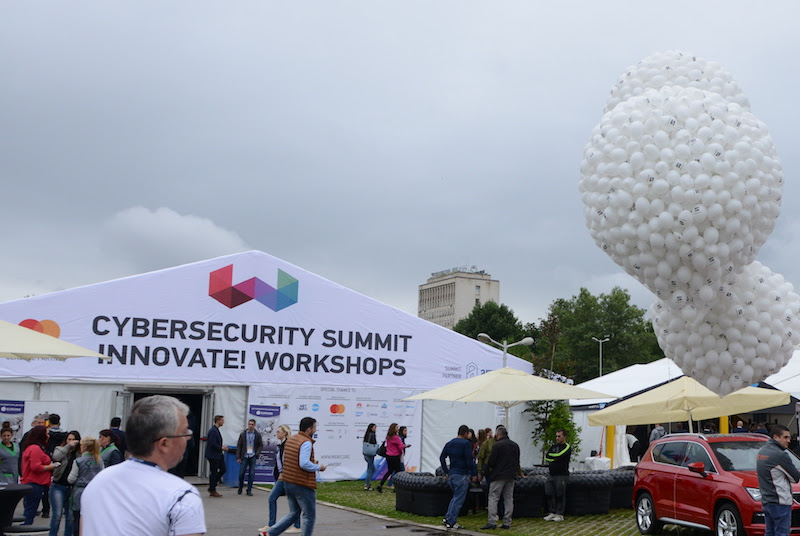
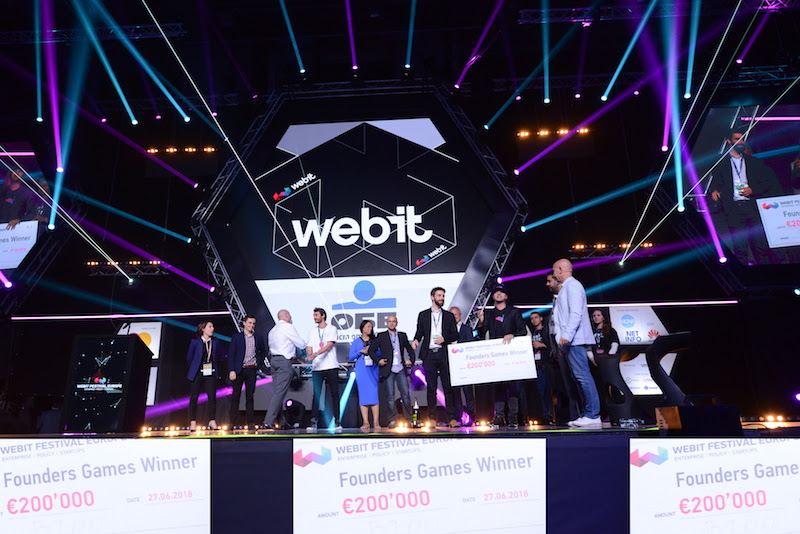 Founders Games winner of 200'000 EUR cheque is BIOO from Portugal.
Founders Games winner of 200'000 EUR cheque is BIOO from Portugal.
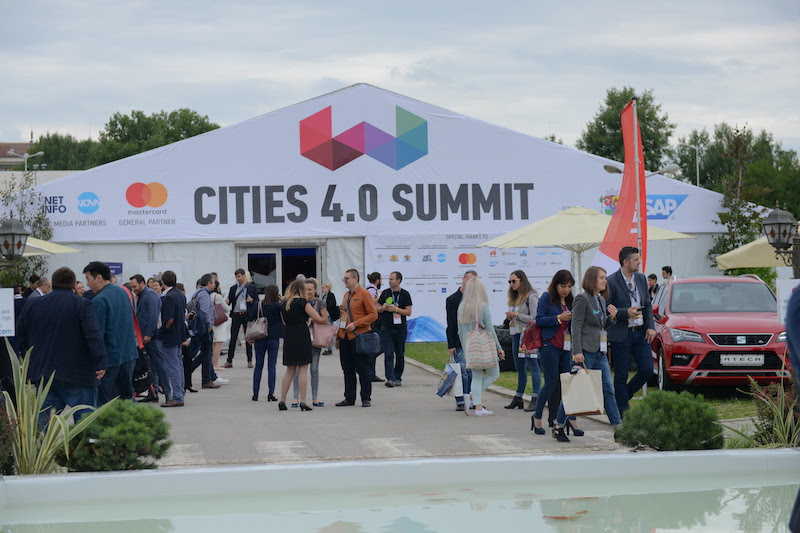
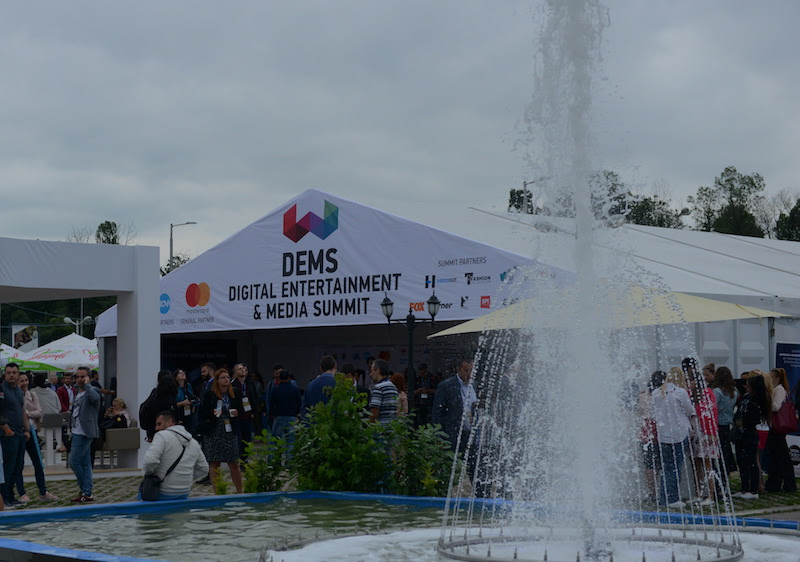
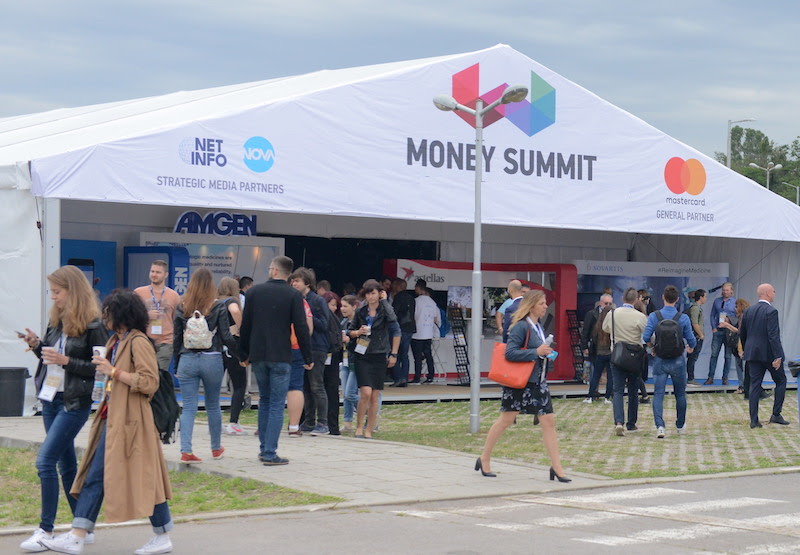
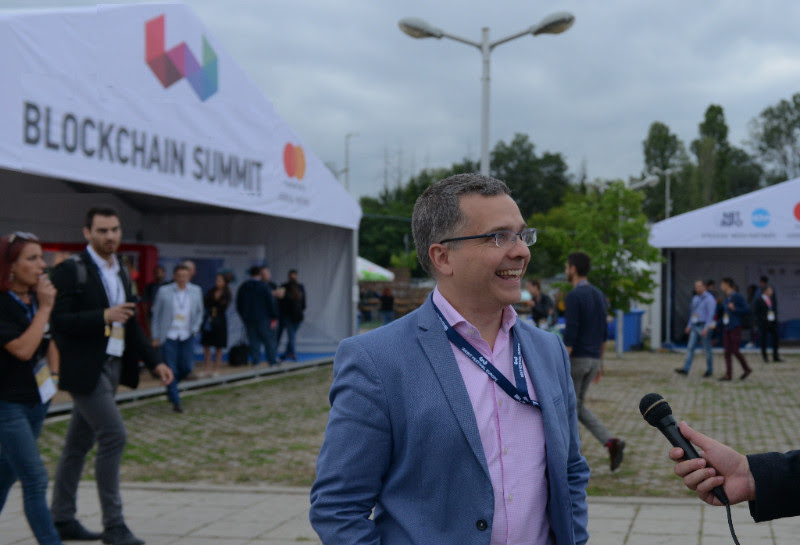 Cities 4.0 Summit, Digital Entertainment and Media Summit, Money Summit and Blockchain Summit
Cities 4.0 Summit, Digital Entertainment and Media Summit, Money Summit and Blockchain Summit
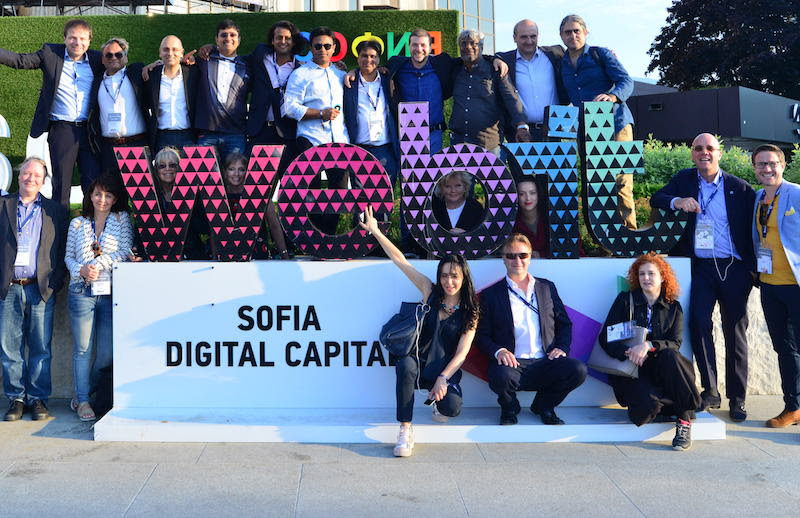
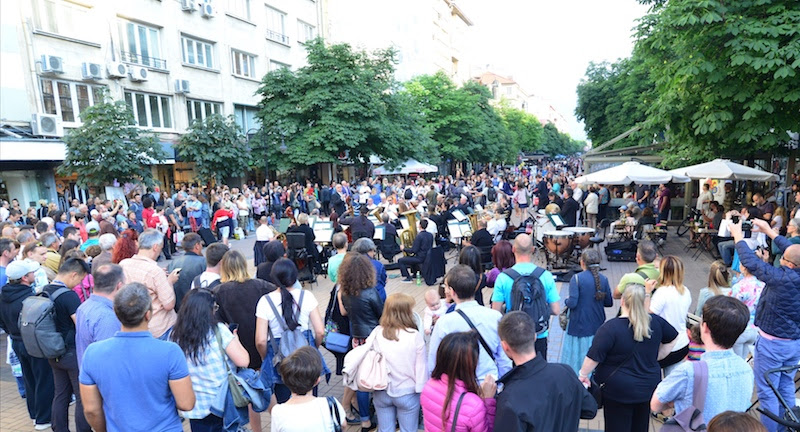
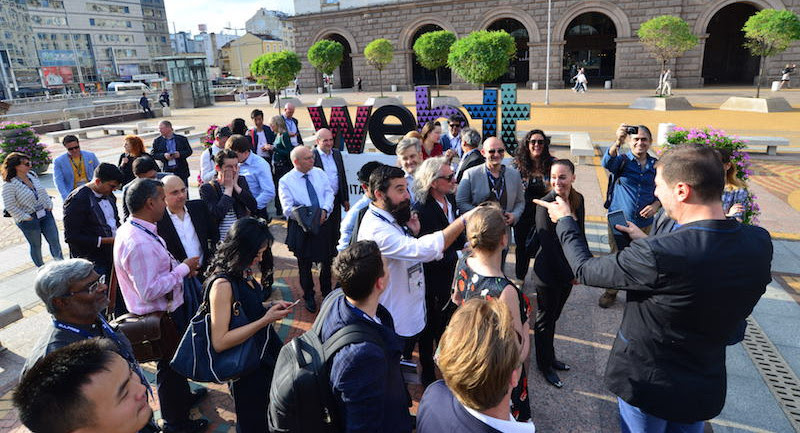
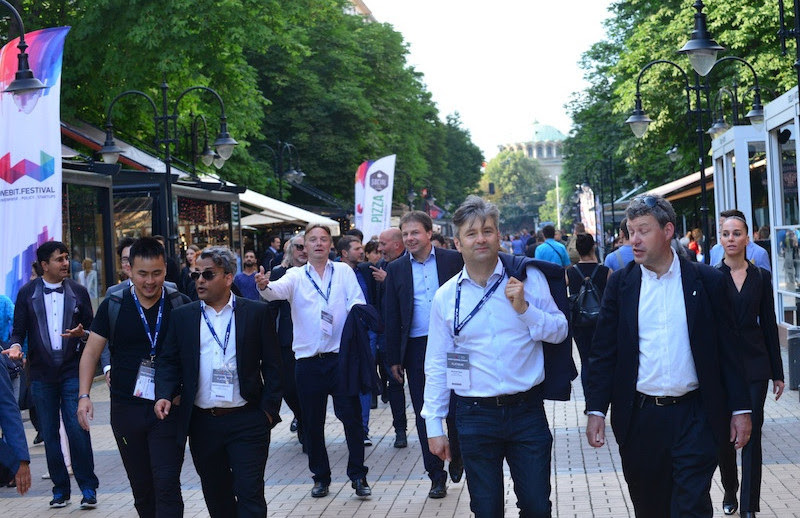
Webit Night Urban Summit

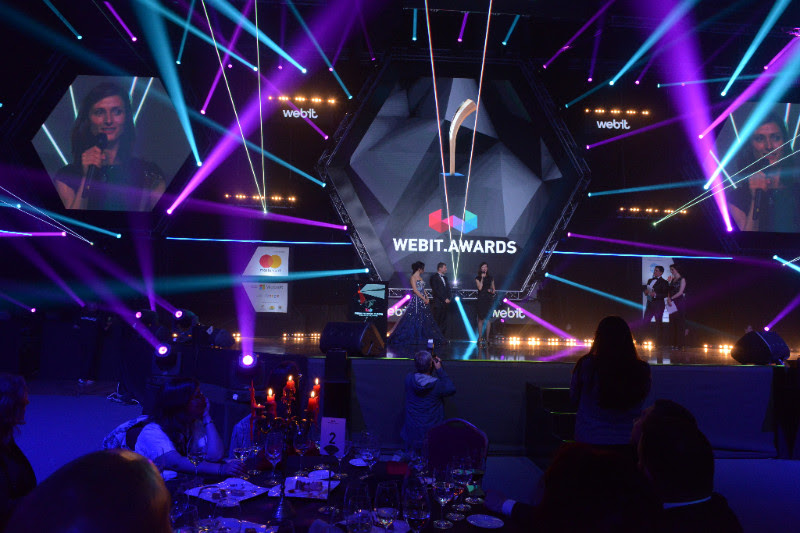
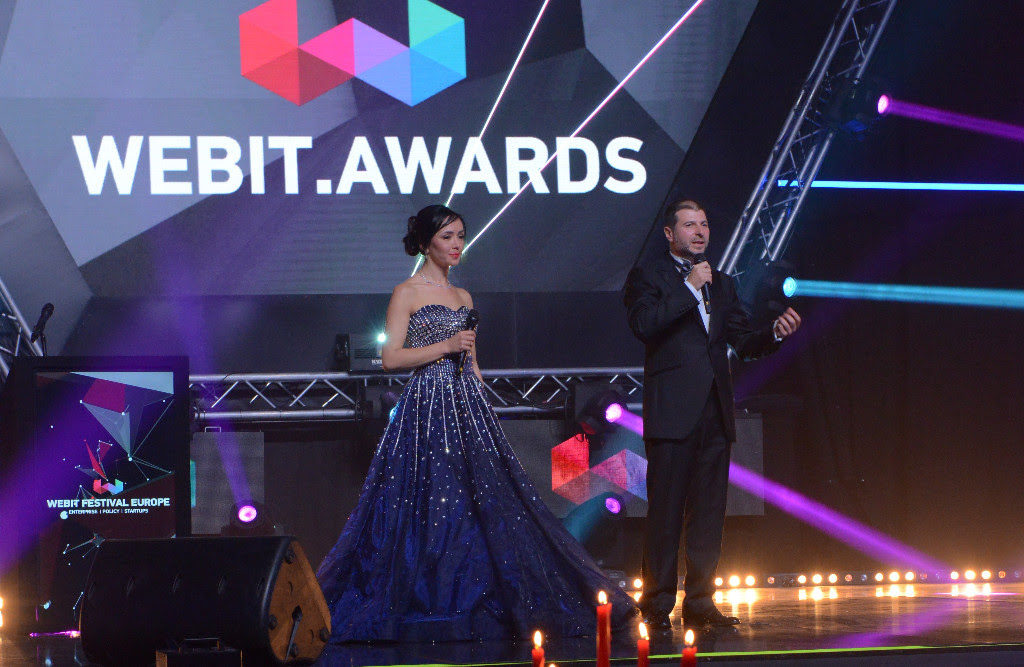
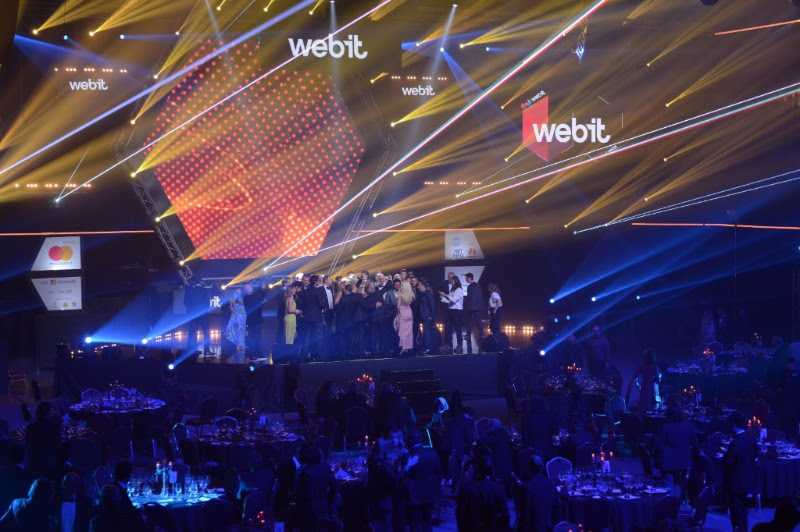 The Global Webit Awards Ceremony and The Chairman' Dinner by Dr. Russev
The Global Webit Awards Ceremony and The Chairman' Dinner by Dr. Russev
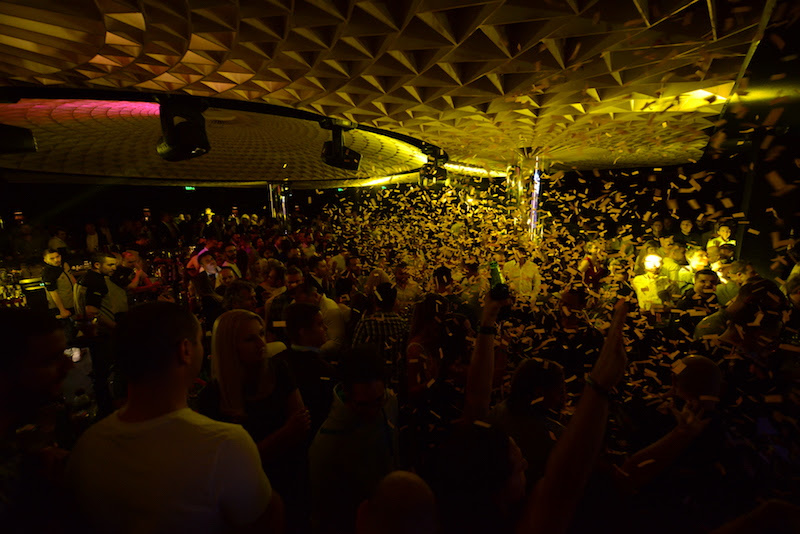


 The World Famous Webit Party, powered by Playboy, Fashion TV and Dorcel
The World Famous Webit Party, powered by Playboy, Fashion TV and Dorcel
 Webit.X - gathering and inspiring 3000 young future leaders
Webit.X - gathering and inspiring 3000 young future leaders
Missed the 2018 edition? Don’t miss the 2019! Book your ticket now at super earlybird rate
Only today! 50% off from all tickets for Webit.Festival Europe 2018!
Register here and get your ticket
to join Prime Ministers, EU Commissioners and EU top policy makers, global innovators and enterprise executives, Ministers, Mayors, investors, media and Europe's top 200 startups and scaleups - all at Webit.Festival Europe with a special discount of 50% on all tickets with code: GDPR 6000 global experts (67% senior attendance) join Webit from 110 countries.Check who is speaking
Over 200 exhibitors and sponsors join Webit this year. A warm welcome to the group of new partners who join Webit including Microsoft, SAP, Samsung, Fox, Novartis, VISA, UBB, part of KBC Group, Superhosting . BG, VMware, FOX, Turner, Novartis, Bayer, Amgen, Generali to name a few. Special thanks to our General partner MasterCard and our strategic media partners Nova TV and NetInfo.Happy to help.
Should you want to join as exhibitor and sponsor - please contact us.General Secretary of ITUC – Sharan Burrow joins Webit.Festival Europe in...
Burrow underlines the necessity of female participation in organized labour
Sharan is well known for her international advocacy on labour standards, corporate responsibility, climate change, investment in infrastructure and the green economy, investment in the care economy, women, equality and diversity, global migration and employment."I am a warrior for women and we still have work to ensure the inclusion of women in the work place and in our unions. The struggles for women are multiple – too often within their families for independence, then in the workplace for rights and equal opportunity, in their unions for access and representation and then as union leaders. But the investment in and participation of women is not only a moral mandate it is an investment in democracy and a bulwark against fundamentalism and oppression. Organizing women is and must continue to be a priority for the ITUC."
The world of work has to refocus on the fundamentals
On the matter of the priorities for governments and social partners to build the future of work Sharan Burrow thinks that we must repair the foundations and social partners have to say what will work for business and for people. We can reshape the world of the economy and the world of the future of our children and our grandchildren. Burrow is one of the B Team leaders, a commissioner on the Global Commission on Business and Sustainable Development and the New Climate Economy Global Commission on the Economy and Climate. She was a Co-Chair of the World Economic Forum Annual Meeting in Davos for 2015, 2016 and also joined this year’s all-women co-chair team. The ITUC is a supporter of the UN Principles for Responsible Investment (UN PRI). Under Sharan's leadership the ITUC's Workers’ Capital Committee has been strengthened. More than US$ 13 trillion of retirement funds are under joint trustee management and the ITUC and its affiliates are active in both trustee education, corporate governance and shareholder activism.Here you can see a full list of the confirmed speakers at Webit.Festival Europe 2018, while here you can get all the information you need about the tickets for the event."We have a vital role to play to protect jobs in existing workplaces and industries by demanding and bargaining for industrial transformation, to organize new quality jobs in the emerging green economy and to fight for the ’Just Transition’ measures that ensure we leave no one behind. This means work for our pension funds too. It means investing for the long term."
